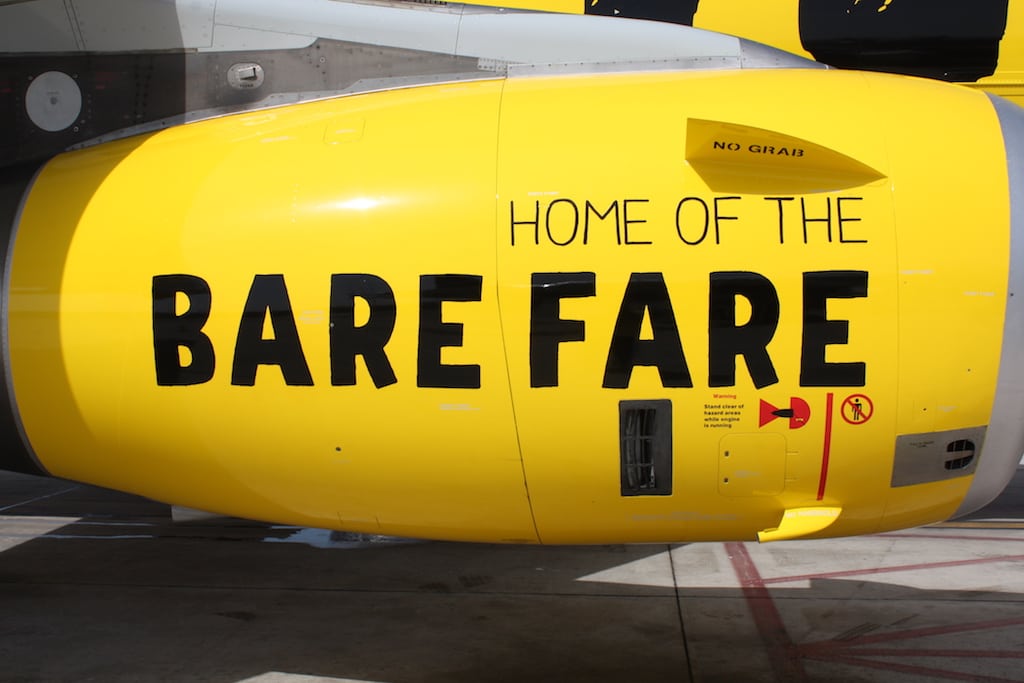Spirit Airlines Feels the Heat From Other Carriers' Low Fares

Skift Take
Spirit Airlines had to reduce its guidance for 2017 following storm-related cancellations in early 2017. This represents a blip on the radar for Spirit, but questions remain about how Spirit will cope as legacy carriers introduce lower fares to compete.
Spirit Airlines has faced increasing pressure from legacy carriers in the U.S. which have moved to introduce basic economy fares to compete with ultra low-cost carriers.
While the competitive landscape has changed for Spirit, it's not truly a new development in the eyes of its leadership. The airline, however, adjusted its guidance in its fourth quarter 2016 earnings, and shows an expected decrease of 2.5 percent in the first quarter of 2017 in revenue per available seat miles.
"The competitive environment has changed dramatically," said Spirit Airlines CEO Robert Fornaro on its earni
